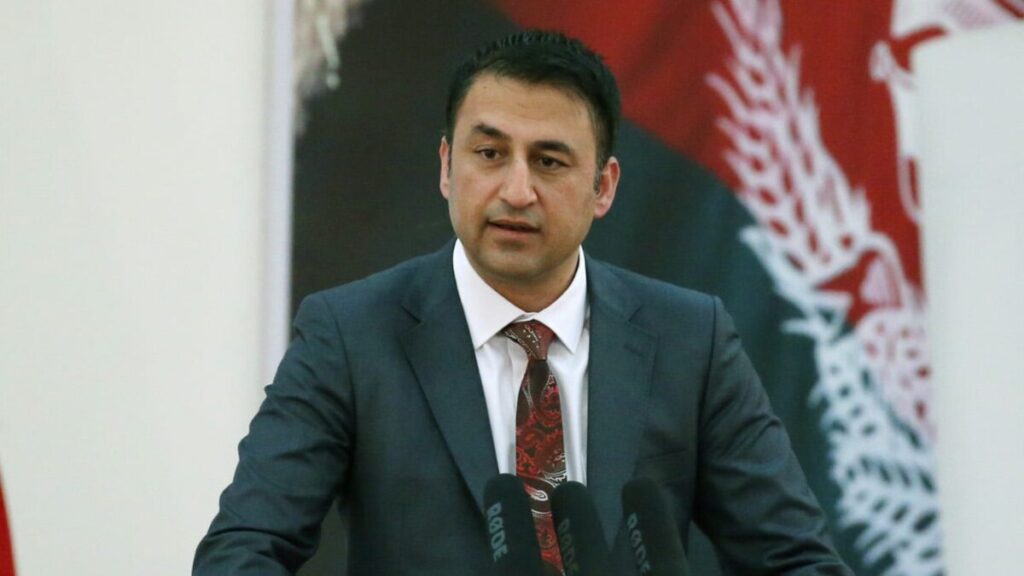Ahmad Zia Saraj, the last head of Afghanistan’s National Directorate of Security under the previous government, has alleged that recent arrests within Taliban ranks indicate “deep infiltration” of ISIS operatives into both the civilian and security structures of the Taliban regime.
Writing on X on Sunday, Mr. Saraj claimed that the wave of arrests began with the detention of eight individuals in the Taliban’s intelligence directorate in Badghis province and has since extended to personnel within various corps of the Ministry of Defense and, most recently, the Ministry of Refugees and Repatriation.
He questioned the Taliban’s repeated claims of having neutralized the ISIS threat, pointing to the recent suicide attack at the Ministry of Refugees and Repatriation, which killed Khalil Rahman Haqqani, a senior Haqqani network member and the Taliban’s minister of refugees.
“The attack underscores their inability to protect even their own high-ranking officials, including ministers and governors,” Mr. Saraj wrote. “This raises serious questions about the relative security in Afghanistan and whether it is genuinely the result of Taliban actions.”
A broader crisis of credibility
Mr. Saraj also argued that anti-Taliban groups are unlikely to trust the Taliban’s narrative of a secure Afghanistan, suggesting that these developments undermine the Taliban’s claims of stability on both national and international fronts.
The Taliban have consistently denied the presence of ISIS in Afghanistan, asserting that they have dismantled the group. However, regional and global powers remain deeply concerned about the enduring presence and growing capabilities of ISIS in the country.
The Taliban’s credibility has been further shaken following the high-profile assassination of Mr. Haqqani in the heart of Kabul, which has highlighted their inability to prevent attacks even against their senior leadership.
The incident reflects broader worries among Afghanistan’s neighbors and the international community regarding the potential resurgence of ISIS in the region.





